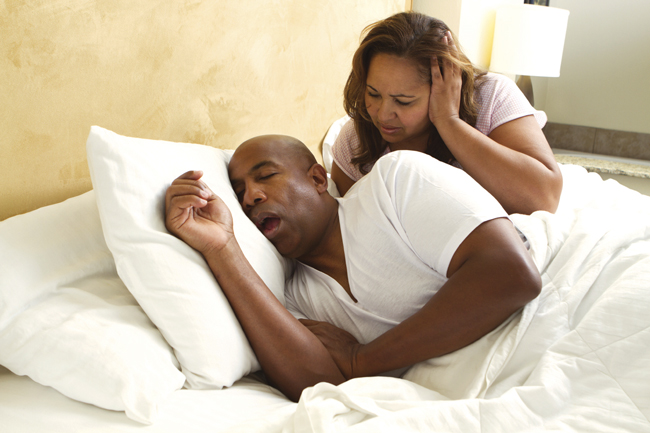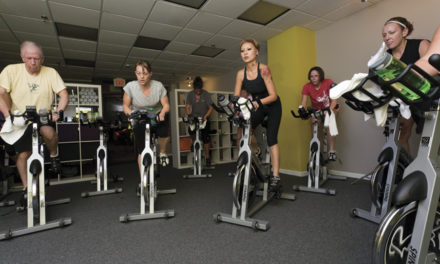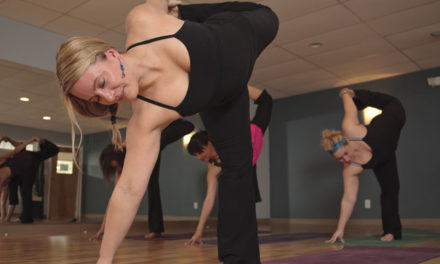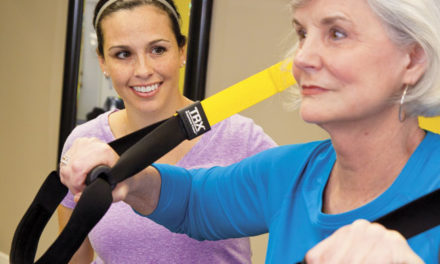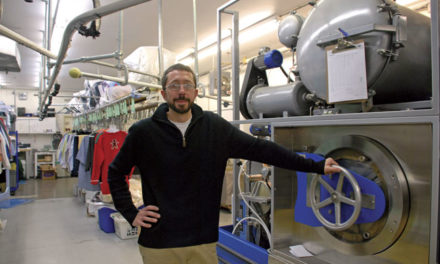BY JENNIFER RICHLER
You get a full seven or eight hours sleep, but you feel tired the next day. Your partner swears you often stop breathing during the night. If this sounds familiar, you might have sleep apnea.
Sleep apnea sufferers stop breathing as often as hundreds of times a night. These “apneas” occur when the throat muscles relax, obstructing the airway. The cause can be anything from excess weight to a recessed jawline to enlarged tonsils, or some other abnormality.
Although sleepiness is a common symptom of sleep apnea, “the patient is sometimes the last person to know,” says Jan Milbourn, manager of the Monroe Hospital Sleep Center. Patients often seek help at the insistence of their bed partners, who are alarmed—not to mention irritated—by the gasping and snorting sounds they hear throughout the night.
Wondering if you have sleep apnea? Talk to your primary-care doctor, says Milbourn. If it sounds like you might, you’ll take part in a diagnostic sleep study. At the sleep center, before you doze, you’ll be hooked up to devices that record your brain activity, eye movements, breathing, heart rate, and blood pressure. If you have frequent apneas in the first couple of hours of sleep, you’ll be treated immediately with a continuous positive airway pressure (CPAP) machine, which blows air into the throat, forcing the airway open.
If this description conjures up frightening images, rest assured that it’s not as bad as it sounds. Patients at the Monroe Hospital Sleep Center stay in quasi-hotel rooms and are encouraged to bring a favorite pillow or other comfort item from home. More importantly, they often rave about the results; after being treated with CPAP, Milbourn says, patients will comment, “I haven’t slept like that in years!”
A CPAP machine is specifically calibrated for each patient. For some, the device—about the size of a shoe box with tubing extending to a mask worn over the nose and sometimes the mouth—takes getting used to, but eventually, “It just becomes part of the person,” says Dr. Wes Ratliff, a board-certified sleep specialist at Internal Medicine Associates, a division of Premier Healthcare. “They don’t leave home without it.” For those who can’t adjust to CPAP or who have milder cases of sleep apnea, a dental appliance worn at night often works.
Ratliff stresses that the condition should not be ignored. Left untreated, it can contribute to heart disease, stroke, and diabetes. “Sleep apnea leads to a significant decrease in quality of life and to increased mortality,” he warns. “That doesn’t have to happen.”


